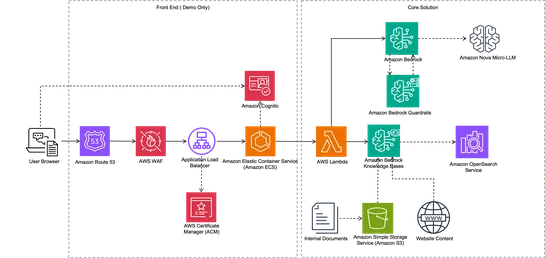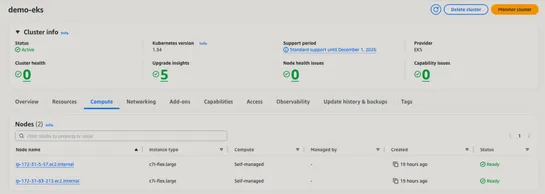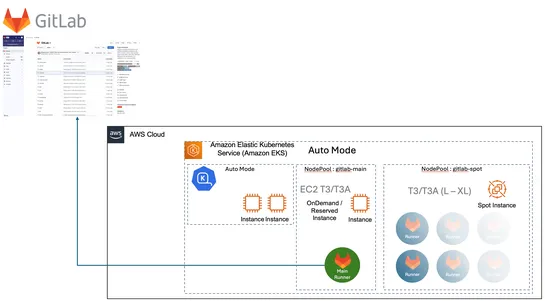Stop Forwarding Errors, Start Designing Them
A fresh take on Rust error handling just dropped - and it's calling out the usual suspects. Forget blindly forwarding errors withanyhowor smearing context around withProvider. This approach pushes forstructured, intent-driven error types- errors that say what to do next (like "retry this") instead o.. read more







